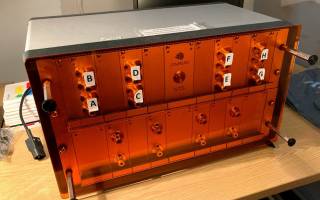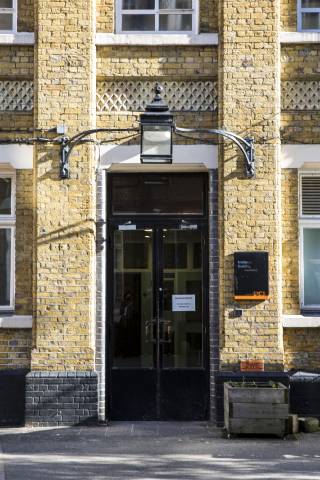Medawar Pain and Somatosensory Labs
We are a multidisciplinary group of human and basic neuroscientists, biologists, clinicians and bioengineers from the UCL Division of Biosciences. We all work on the ground floor of the UCL Medawar Building and are united by a shared interest in pain, somatosensation and anything in between. The “corridor” was originally established by Profs Maria Fitzgerald (NPP) and Steve Hunt (CDB) and more recently expanded to include Drs Lorenzo Fabrizi (NPP), Sandrine Géranton (CDB) and Stephanie Koch (NPP). Many worked along this corridor and many still work here or collaborate with us.
Pain and somatosensation are complex constructs with sensory-discriminative and cognitive-affective components mediated and modulated at all levels of the nervous system. Physiologically, both pain and somatosensation more broadly have adaptive roles that allow us to interact with our environment, which is essential for normal brain development, healthy social interactions and the avoidance of harm. However, external or internal factors might affect their normal functioning ultimately resulting in adverse, sometime long-lasting, effects on wellbeing and quality of life as a whole. For this reason, our core interest is in understanding the neurobiology of pain and somatosensation, how they are affected by events like premature birth or early life adversities and how adverse events can be avoided or reversed. In recent years, building on this primary interest we also branched out in other related areas of research such as functional and anatomical brain development, sensorimotor integration.



















 |
 |
 Close
Close


